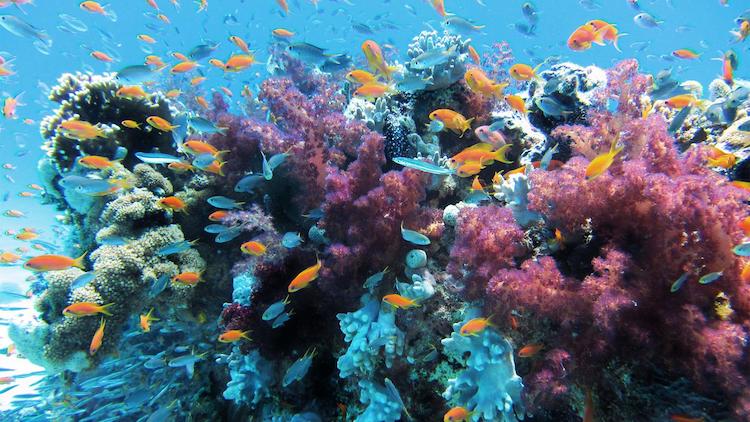By Reinhard Jacobsen
BRUSSELS (IDN) – The Biodiversity and Protected Areas Management (BIOPAMA) has launched on June 24 the first call for proposals for medium grants (up to € 400,000) in the frame of its “Action component”. The Programme assists the African, Caribbean and Pacific (ACP) countries to address their priorities for improved management and governance of biodiversity and natural resources.
BIOPAMA provides a variety of tools, services and funding to conservation actors in ACP countries. It is an initiative of the ACP Group of States financed by the joint ACP-European Union (EU) 11th European Development Fund (EDF).
By adopting a landscape approach, these actions will also contribute to enhancing local livelihoods through sustainable use of natural resources and ecosystem services as well as increasing resilience to the impacts of climate change.
Between 2013 and 2015, BIOPAMA trained a significant number of protected area practitioners and stakeholders from the Eastern and Southern African countries on negotiation skills for protected areas management. Following up with graduates, BIOPAMA learnt that they applied their new-found skills in their daily work, contributing to a better management of protected area conflicts.
Paul Banga is one of the graduates – now Head of the National Parks Development Section at the Tanzania National Parks (TANAPA) Head Office. An important opportunity to enhance his skills was back in 2014 when he attended BIOPAMA Organized and Facilitated 5 days Training on Negotiation Skills in Protected Areas Management.
This training has provided him with unique exposure in negotiating for the high-value conservation projects. He used his newly acquired skills in negotiating the World Bank Funds amounting to $150 million, which was conceptualized for Tourism Growth in Southern Tanzania National Parks.
“I therefore strongly recommend BIOPAMA to organize such capacity building initiatives for wildlife managers for the better management of National Parks in Sub Saharan Africa or in Eastern and Southern African Regions,” said Paul Banga in an interview.
“As for what I stand for in future, my biggest mission is to make sure that our parks make a significant contribution to the national economy and livelihoods of the people that surrounds them. Our Parks constitute protected landscapes and ecosystems that have a huge potential to support the livelihoods of millions of our communities and national economies,” he added.
Many National Parks were established since the 1960s, through the 1970s, 1990s and 2000s, yet the national governments and public at large forget the environmental services and their unique roles of balancing global and local climatic factors, said Paul Banga.
He added: “So, I have a dream on how to come out with a policy and legal instrument that will warrant more public-private partnership approaches so that these protected sites can as well along with sectors significantly make their fair share of contributions to the national economies and livelihoods for the well-being of our communities. I know various models exist in Sub-Saharan and Southern African regions from which we can draw experiences from and see how we can engage with conservation partners by creating a win-win scenario.” [IDN-InDepthNews – 25 June 2019]
Photo source: BIOPAMA.
This report is part of a joint project of the Secretariat of the ACP Group of States and IDN, flagship agency of the International Press Syndicate.
facebook.com/IDN.GoingDeeper – twitter.com/InDepthNews
Send your comment: comment@indepthnews.colo.ba.be
Subscribe to IDN Newsletter: newsletter@indepthnews.colo.ba.be

